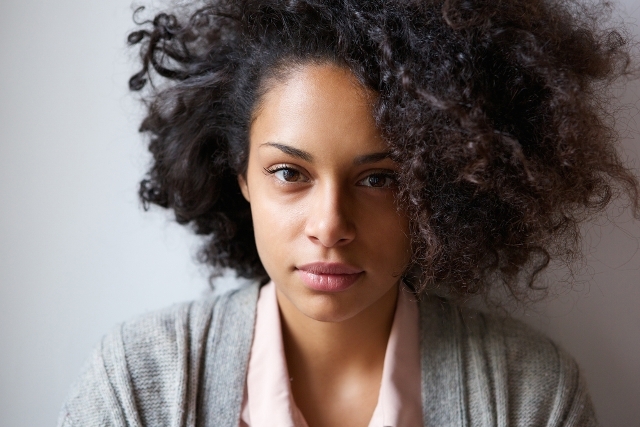
When I talk about my family culture, I’m mixed. When I talk about racism, I’m black. When Trayvon Martin was shot for wearing a hoodie, I was black. When Eric Garner was choked to death for selling cigarettes on the street, I was black. When Sandra Bland was arrested for failing to turn on her blinker, I was black. When churchgoers were shot for being black, I was black.
I was raised by the white side of my family, in mostly white areas. I had white friends most of my life, not because of any type of preference, but because that’s who was around. I grew up Eastern European folk dancing in the Santa Cruz Mountains with my family. I had plum pudding at Christmas, and my first celebrity crush was Neil Patrick Harris. During both childhood and adulthood, I’ve had others try to define me the way they wanted to, which varied depending on who was doing the defining. My father said mixed isn’t whole. A black woman told me I wasn’t black. A white best friend said she didn’t see me as black. The grandmother of another white friend asked why she was hanging around with a black girl. As I’ve gotten older, the labeling hasn’t stopped, but my self-identity has gotten stronger. Most of the time I see myself as mixed, but when I see black men and women brutalized or killed for breathing while black, I’m black, and proudly, viscerally so.
At the same time, being mixed race during the heightened media coverage of police brutality grants me a unique vantage point, for better or for worse. This isn’t true just on a national level, but on a very personal one as well. The racists who are coming out of the woodwork are not just friends and strangers, but sometimes family. I’ve seen a relative post vehemently about black-on-black and black-on-white crime in the midst of a “misguided obsession with taking down the Confederate flag.” I’ve scrolled through my newsfeed to see a friend of a friend have the Confederate flag displayed proudly as her profile picture. In these moments, it’s as if lines are drawn and there’s only one clear side. There is no feeling that these relatives and strangers aren’t including me in their discrimination. Only a feeling that those making the racist statements, or performing the racist actions, have picked sides for me, and my allegiance is clear in that moment, for those moments.
Click Here to Continue Reading the Original ARticle by Shannon Luders-Manuel on ForHarriet
Follow @ForHarriet on Twitter
Shannon Luders-Manuel is a writer and editor living in Los Angeles. She was a featured writer for the 2014 Mixed Remixed Festival for her in-progress memoir about her father.
You can Follow @shannon_luders.on Twitter

